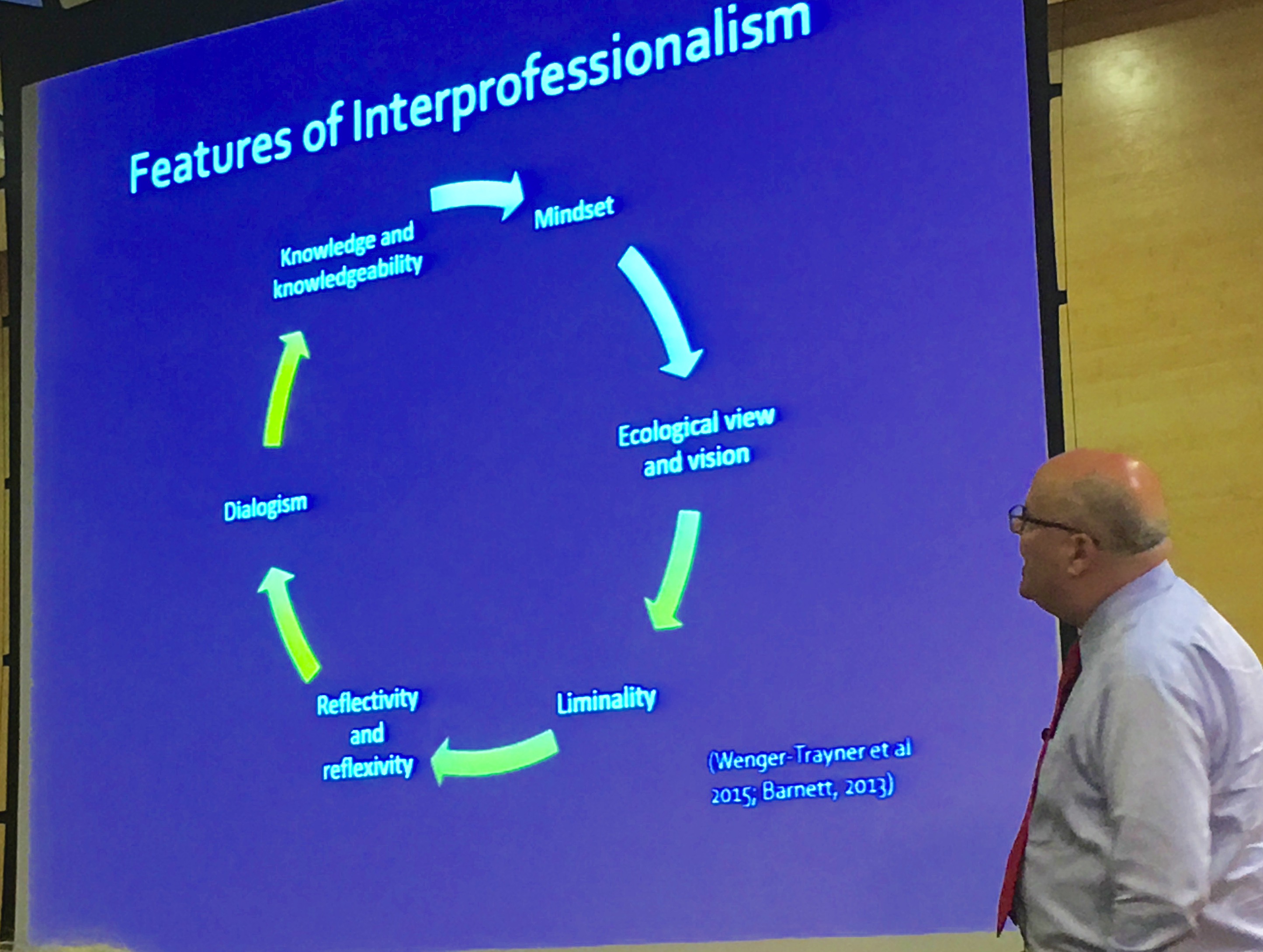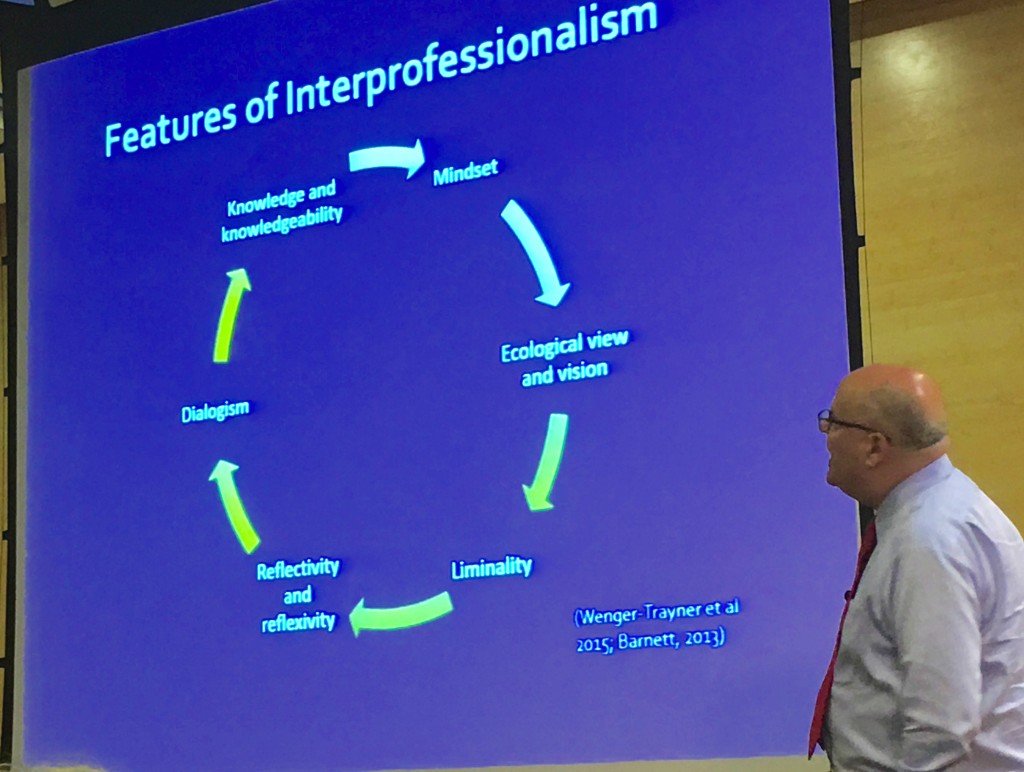I have been enjoying several talks with a remarkable educator, Roberto di Napoli, who is the NUS Educator in Residence for 2016. Roberto is a Principal Fellow of the British Higher Education Academy (HEA). Ever since I learned about the HEA I have been intrigued by this institution, and Roberto gave a good accounting of the HEA and the current trends in British higher education for our group of professors in the Teaching Academy. We met with Roberto at the NUS CDTL on August 15, and he reviewed the history of higher education reform in the UK, which enabled the creation of the HEA. One of the first steps was the Dearing Report in 1997, which was entitled Higher Education in the learning society. This report gave an overview of the context of higher education in England, as well as in Scotland, Wales and Northern Ireland, and discussed student needs, learning, qualifications, information technology, management and funding of higher education.
The report also highlighted the need for centers of Learning and Teaching, and soon a body known as the ILTHE was formed to help supervise the expansion of such centres within the UK. The Institution for Learning and Teaching in Higher Education (ILTHE) helped develop some policies for connecting universities within the UK with better practices in assessment and teaching, as well as to provide a needed link between higher education and government policy makers. The ILTHE was soon transformed into the Higher Education Academy, which serves an advisory role to both universities and government in developing frameworks for excellence in teaching and best practices in assessment. The HEA is now self-funded by its initiatives to certify and train educators in the UK and beyond, and it offers levels of certification that range from Fellow to National Fellow, to the highest level of Principal Fellow. Each certification requires additional levels of impact across an institution and the nation. Individuals seeking to become Principal Fellows have to demonstrate an extremely high level of educational accomplishment and leadership across the UK or internationally. The mission of the current HEA includes accreditation, scholarship, individual advice, and as an agent to bring together disciplines across the academy to improve learning and teaching.
Unlike the US system of higher education, where a professor proceeds more or less on their own, the UK system is designed to provide structure and transferability in teaching skill to enable institutions to be assured of standards across the UK in their instructors. In the US, informal mentoring and faculty development programs in individual institutions provide a comparable role for training faculty in teaching – and lead to varying results – some excellent and some not!
Roberto gave a wonderful talk to the NUS community on Thursday, August 18, entitled Ethical Interprofessionalism. At the talk, he highlighted some needed transformations within higher education that relate to the very core of why we do academic work. Roberto’s talk was a much-needed step back from the “instrumental reason” that guides so much of our academic work, and which provides a conceptual framework for reform on a very fundamental nature. Roberto breaks down a cycle in which academic work can be studied, leading to a better understanding of academic practice, which in turn creates a set of academic identities. These identities if enabled to interact in an ethical way provide what Roberto calls “ethical interprofessionalism.” The goal is to build institutions that are less about maximizing research or providing excellence in teaching (our current framework) but instead that create a liminal space in which the three classical parts of our practice – techne (how we do things), praxis (why we do things), and eudomonia (how our work contributes to the greater good) can all synergistically build on each other.
Hearing Roberto’s talk was inspiring as it boldly questions so much of the practice of our current academic institutions and seeks a higher meaning – the eudomonia – of our work. In this new conceptualization of a university, an individual would be promoted less for the traditional performance indicators, and more on the basis of a profile in which a faculty member would be judged based on how they contribute to the institution and to society at large. This holistic approach could provide a much-needed reform of higher education that would lessen the antagonism that has grown between government and the academy – and also help free up academics to pursue more meaningful work in their lives as professors. I am hopeful that such a vision can be enacted – and very appreciative of Roberto for bringing this talk to our group in Singapore!
For convenience – I also attach a set of references that Roberto passed out during his talk.
References from Roberto di Napoli’s NUS talk – diNapoli.references.ethical.professionalism


